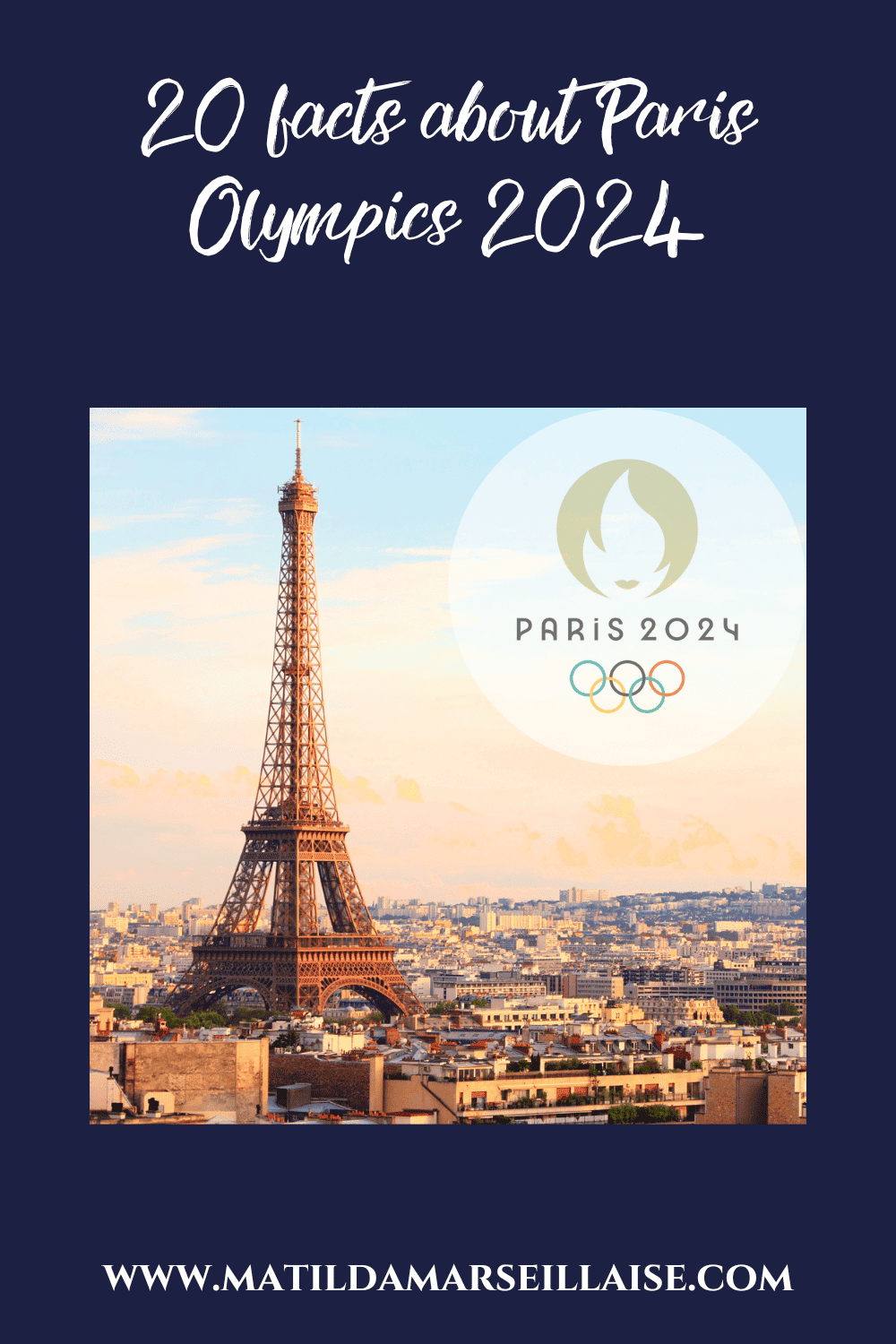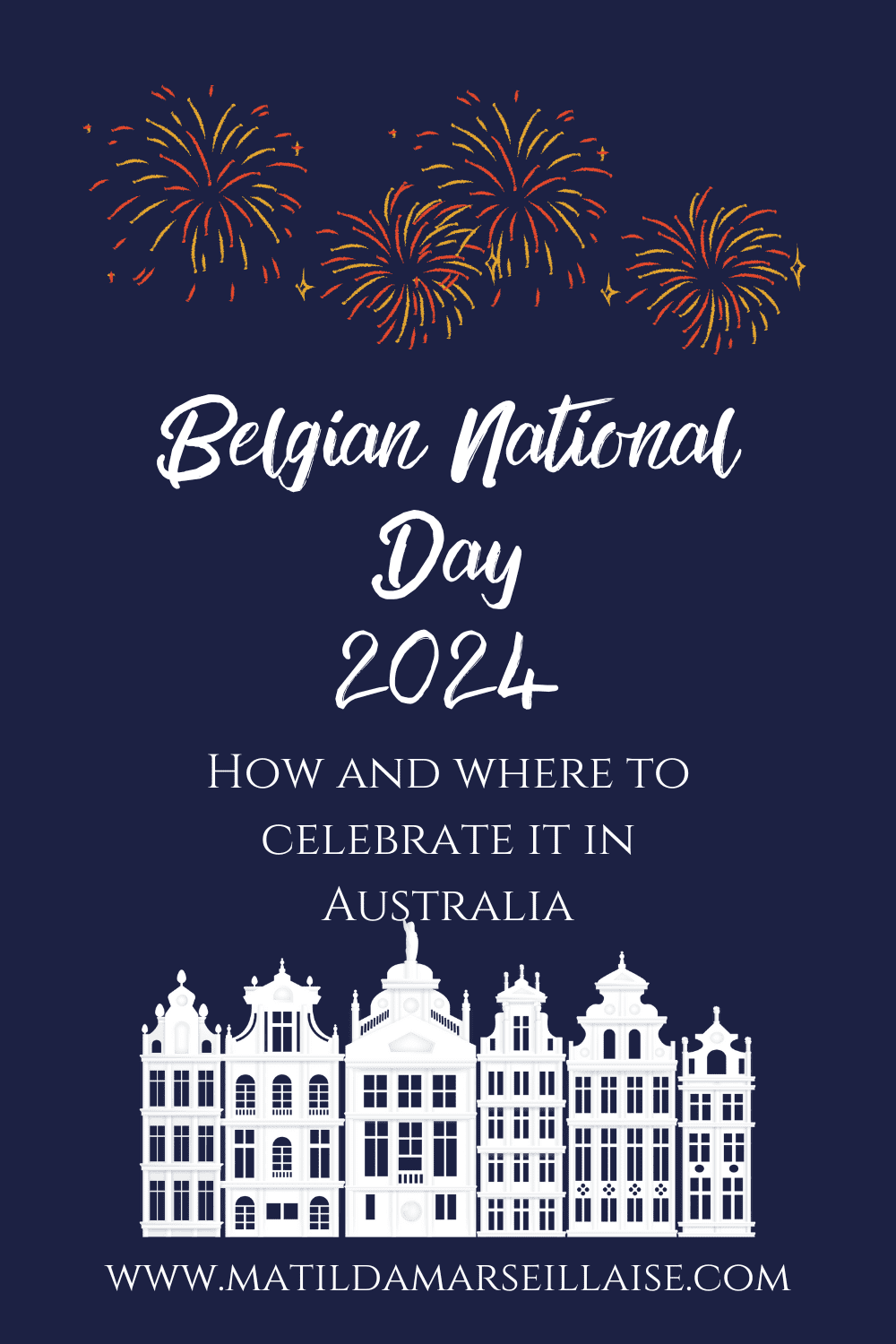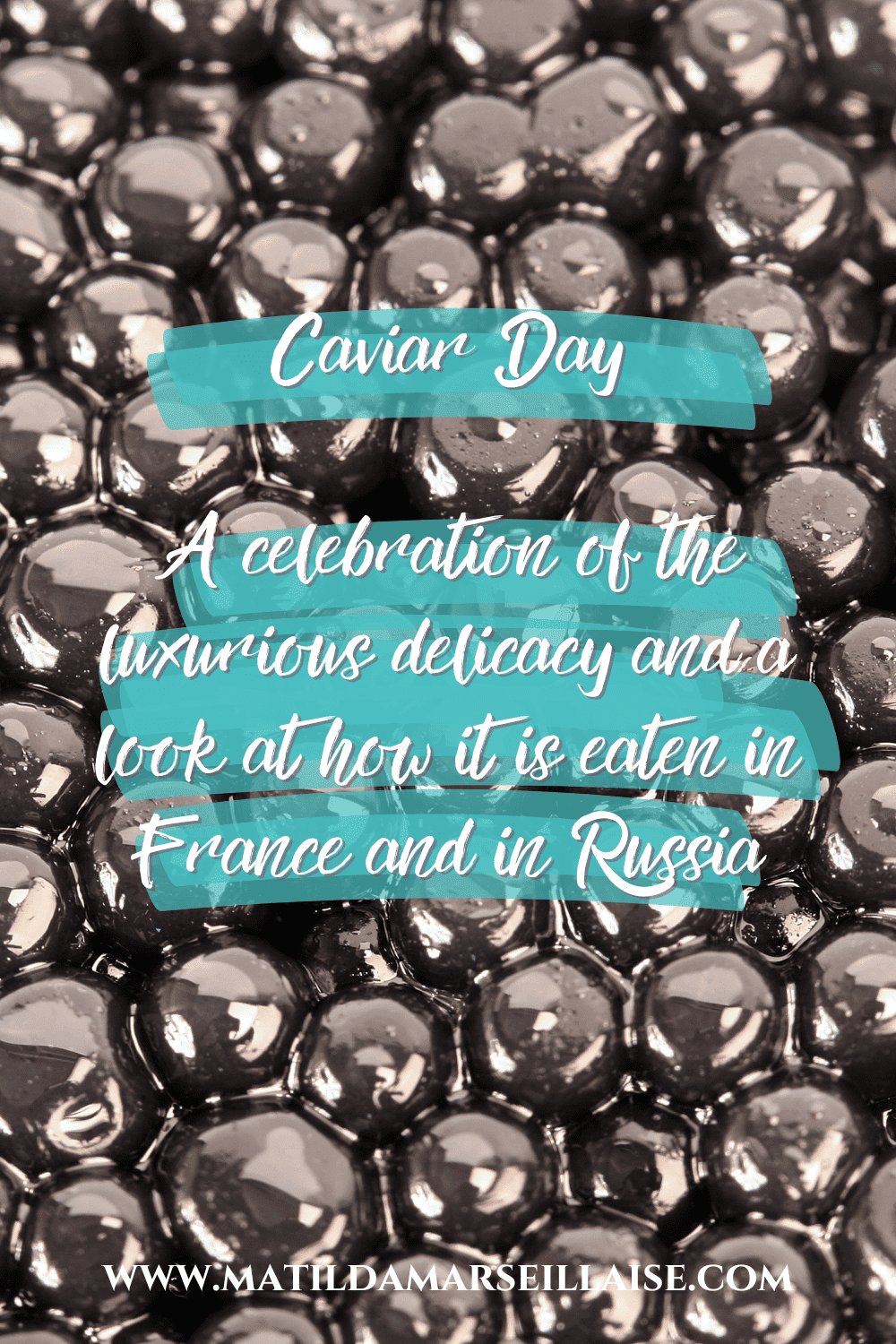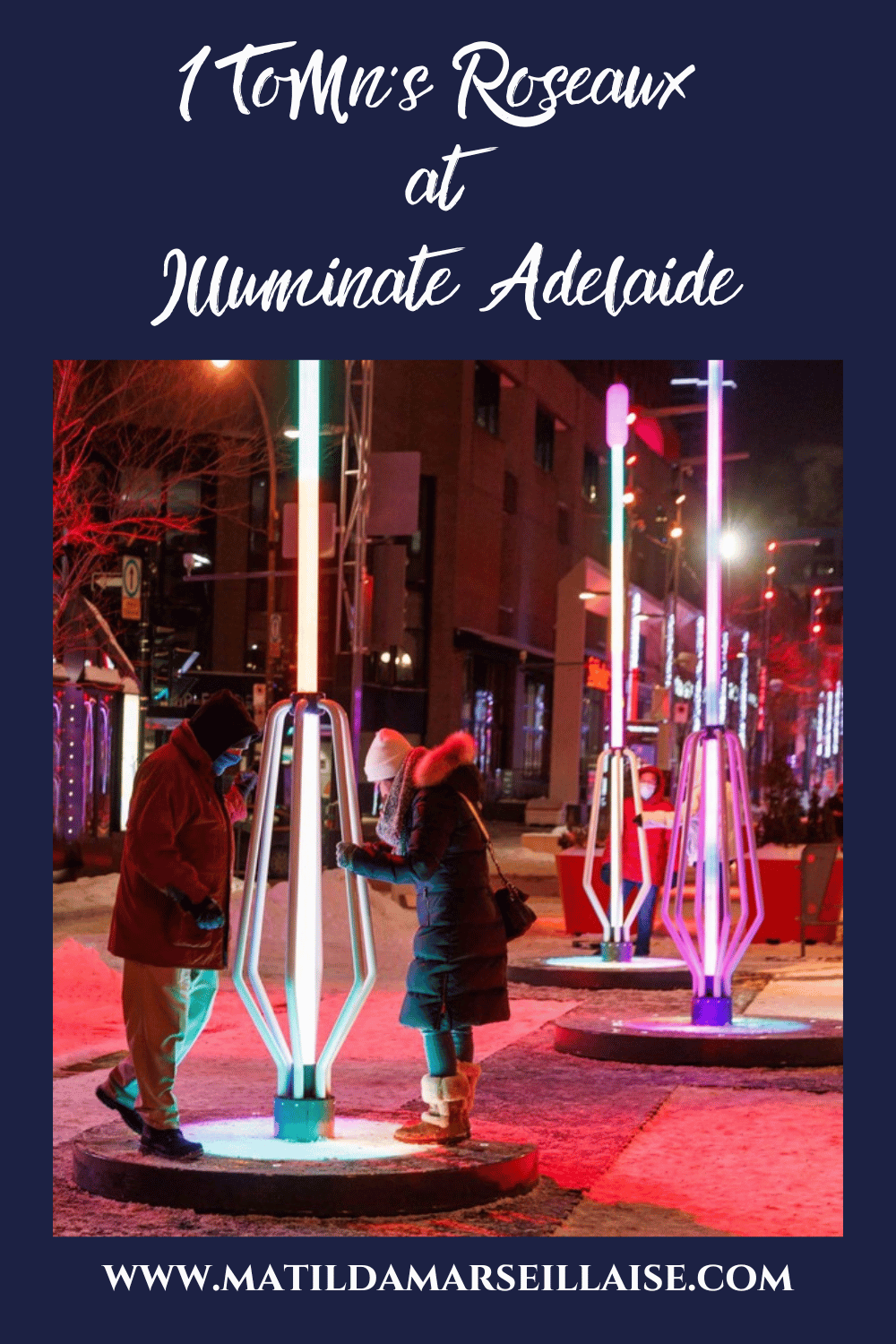Ahead of their first Australian tour, I spoke with Kiya Tabassian, founder and director of the ensemble, Constantinople. You can see them at WOMADelaide this weekend. Tickets can be purchased here. You can also read more about the full line-up here.

I read on your bio that Constantinople was “the ensemble was conceived as a forum for encounters and cross-fertilization”. Please tell us how you planned cross-fertilization through Constantinople.
I have musical training, firstly in Persian music, the music of Iran and when I immigrated to Canada at the age of 14, I started to study Western and European music. I studied composition and ancient music – music from the middle ages, from the baroque period. All of that opened up my spirit and my ears and from a young age, since I was a child, I have made music. I liked to create music so I wanted to create and I continue to create and to compose music but not in a single aesthetic – I wanted to – I very much enjoy exploring – I am an explorer of music so I wanted to be inspired by different music, by different traditions and by different musical ideologies. It’s for that reason that I wanted to create this ensemble which explores different types of music but not in a superficial way but rather in a thorough way so as to explore and then create original music.
How you cross-fertilize through music?
Normally in our projects – a continent is a physical and a metaphysical place where musicians can meet to exchange and to create together. After each project follows different steps – the first step is interest – for example, I am interested in a certain type of music – so then I will do research and my research homework – I will listen thoroughly and try to understand the music. Once I have met musicians from that musical background, I will have a good idea of the language that they speak. With this knowledge and this research, I set myself to creating with these musicians. So through dialogues, and trying to deepen our dialogues and our exchanges. Following that, there’s the creation phase where we forget who is who and we try to create like a painting which starts from a blank canvas. Music is the same – we forget who is who and we create. And all of our memories are reflected in what we create. At the moment of creating, we forget who we are. You must let yourself go; let the music speak.
So you’ve collaborated with artists from many different countries with many different musical styles. For example, you area coming to Australia for WOMADelaide with Ablaye Cissoko.
Ablaye Cissoko is a musician that I met about 6 years ago. We reassembled this project that we call “Itinerant Gardens” and that is the project we are bringing to Australia.
How did you meet Ablaye Cissoko?
For me, the project started with a musical idea. I heard the sound of my instrument, the setar. I heard the sound of music which is the result of a meeting between the setar and the kora. I wanted to create this project to bring this dream to life, this musical dream. I head one of Ablaye’s recordings and I contacted him and I spoke to him about my project and he said that he was thrilled because he was a griot musician – the messengers like the bards from Western Africa. I contacted him and said “I have this project and I would like to invite you to play with me. I play the setar”.
He said to me “that’s fantastic because for many years I too have dreamed of playing with a musician who plays the setar and who comes from Iran”. It was a meeting that both sides had wanted but without knowing it. So he came to Montreal – I invited him to come for an artistic residence so that we could try to create something together. Before he came over, I listened to lots of Kora music, lots of different styles, repertoires, older and more modern in order to better understand West African music. When he arrived it was a very natural meeting, musically, on a human level, it was a beautiful meeting and a friendship that has lasted 5 years and we have criss-crossed the world. I think Australia is one of the final continents for us to get to. We haven’t yet travelled to Oceania. We are very happy to come to Australia for our concert.
Are you playing exclusively at WOMADelaide or are you playing in other cities as well?
In Australia, it’s only at WOMADelaide and after that we are going to New Zealand.
So you met Ablaye Cissoko, he came to Montreal, you had a good rapport and the same ideas –
Not always the same ideas. That’s what is interesting actually. In this kind of encounter, I like that each side keeps their identity. That each person stays rooted in their culture but I have always drawn an allegory, and it is where the name Itinerant Gardens comes from, because a garden for me is where we grow a tree or a plant. There are always roots which are in the Earth but if we remove those roots the tree dies, so it is very important to hold onto your roots. When the tree or plant grows and comes out of the Earth, it will grow and it will go towards water or towards the light, all while keeping its roots. For me, music is the same. When in a garden, there are different plants, and each plant holds onto its roots while above a whole bunch of things are happening – plants can grow in different directions, they can grow together and they often follow the same light. It’s an allegory between our music and a garden.
And Itinerant Gardens because we are at once, all the musicians of Constantinople and Ablaye and I think many, many musicians, are migrating spirits. We travel the world to go and play our music, our music is sensitive to the music of others, to the words of others, to the sensitivities of others. We migrate each time towards one another. That’s why we call it Itinerant Gardens.
That’s beautiful! You’re a poet.
We are all poets. You need to be because music is poetry. Music allows us to express and to feel and to be sensitive to the beauty of things and to share that with the audience because it’s our mission like it is for all artists.
What will your WOMAD concerts be like?
Every time that we perform, it’s a voyage and a moment of peace and of sharing with the public because it’s a concert, which is very tender. It’s like a monument with much adornment, which has remained in a perfect state. So people can observe it, can walk around it while looking at the details but letting themselves be absorbed in the music. Music is well received and is easy-listening but it takes the listener into the depths of things. At least that’s what we would like.
You mentioned that it is the first time that Constantinople together with Ablaye Cissoko are coming to Australia. Is it the first time for Constantinople as well?
Yes, it’s the first time for all of us actually, for Constantinople and for Ablaye too. It’s a dream which has been in the making for a long time.
Our music has always been well-distributed, our albums, we have had several Australian media outlets that have written about our music, radio shows, the ABC, but we haven’t yet been. It’s the first time and I hope that it will be the first of a long series of visits to your country.
You call yourself an explorer of music – have you considered exploring indigenous Australian music?
Yes. I am very, very interested in their music and I hope to have some free time to explore, to maybe go and listen to some or to go into the archives to do some research and listen to some. For me, it’s a very rich musical tradition that you have in Australia and it would be fantastic to know more about it.
So you are inspired by old music, Western music and Iranian music. How do you stay inspired?
To stay inspired, you must always wonder. I marvel at a lot of things in life, in nature, and especially at music, which is why Constantinople, we have had a regular season in Montreal of four concerts. It’s a season of at least 3 creations per year. So we are in constant research, exploration and creation all year-long. We don’t ever stop except for when we are touring. The creation finishes with a tour. But while we are on tour, we are already thinking of our next creation, we are already doing our research, meeting the next musicians with whom we will compose. Inspiration is always there because there are so many beautiful things in life, so much beautiful music to listen to, to understand and to create at the same time.
Do you already have future projects you’re working on?
Yes, there are several projects actually. We have a new creation that we are performing just before our trip to Australia with musicians from Southern India – so with Shashank Subramanyam, who is the master of the Indian flute, who comes from Southern India with a mridangam, an Indian percussion instrument. So it’s a creation with these musicians and those of Constantinople. So I’m finalising compositions and exchanging with these musicians.
So you are always really in creation mode. It’s infinite creation. Never any rest!
Yes, that’s right. I do take a bit of a break though because I have a family and 3 children so I try to spend some time with my family when I am not travelling.
You can see Constantinople & Ablaye Cissoko at WOMADelaide at 6:45pm Saturday 9 March and at 2pm on Monday 11 March. Tickets here.





